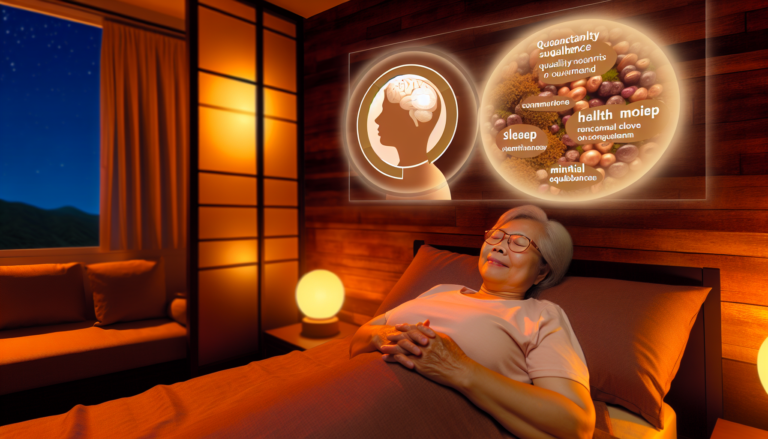Maintaining Mental Health During Home Health Care: Techniques and Tips
Home health care comes with many benefits but it can also lead to feelings of isolation or disconnection from the world. Mental health care is as important as physical health care, and it’s crucial to attending to one’s emotional and mental well-being. In this article, we’ll delve into some techniques and tips to maintain your mental health while receiving home health care.
Understanding the Significance of Mental Health
Mental health is a critical part of overall wellness. It encompasses our emotional, psychological, and social well-being, and it’s closely intertwined with how we handle stress, make decisions, and relate to others. Your mental health can affect every aspect of your life – from your thoughts and feelings to your physical health. Therefore, focusing on your mental health is important, particularly when dealing with physical health issues and changes in lifestyle such as home health care.
Impact of Home Health Care
Undeniably, home health care has numerous benefits. It allows for personalized care in a comfortable environment and can significantly improve the quality of life for individuals living with chronic conditions. However, the adjustment to home care can also come with challenges. Patients might feel isolated due to reduced social interactions or anxious about their health situation. It is crucial to recognize these challenges and take steps to manage them preemptively.
Techniques and Tips for Maintaining Mental Health
Here are some ways to cater to your mental health while receiving home health care:
Stay Connected
Interaction with family and friends can do wonders for your mental health. Online platforms offer a multitude of tools to stay connected with loved ones, despite geographical barriers. Organize virtual catch-ups or chat over a phone call to keep the loneliness at bay.
Engage in Mindfulness Activities
Activities like yoga and meditation can help manage stress and anxiety levels. They bring focus to the present moment and can induce feelings of calm and balancing the mind-body connection.
Ensure Adequate Exercise
Physical activity is closely linked to good mental health. It’s known to alleviate symptoms of depression and anxiety, improve mood, and boost overall mental well-being. Discuss any physical constraints with your healthcare provider and find suitable exercises accordingly.
Maintain a Regular Sleep Schedule
Good sleep hygiene can greatly influence your mental health. Try to establish a regular sleep routine, declutter your sleep environment, and avoid caffeine before bedtime.
Seek Professional Help if Needed
If feelings of loneliness, anxiety, or depression persist, don’t hesitate to reach out to a mental health professional. Online therapy options are also available for those who prefer remote consultations.
Mental health is integral to our overall well-being, and it becomes even more significant during trying times such as when dealing with health issues. Recognizing the mental health challenges that may come with home health care and having techniques to combat them can pave the way for more effective recovery and improved quality of life.



